The Center for International Trade & Security’s (CITS) Richard B. Russell Security Leadership Program (SLP), which celebrates its 20th anniversary this year, is a selective, year-long opportunity for undergraduate students interested in careers in national and international security. Since its inception, the SLP has trained hundreds of national security leaders, particularly on issues related to diplomacy, intelligence, WMD nonproliferation, human security, and strategic trade management.
“The SLP’s mentorship, professional networking opportunities, and focus on professional skills––including policy writing and analysis, oral briefing, and grant writing––set our students apart from typical international affairs/political science undergrads at other universities,” said Program Director and Senior Lecturer in the Department of International Affairs Maryann Gallagher. “The SLP is a pre-professional program, a mini-grad program, and baptism-by-fire for students’ first jobs, all in one.”
Students in the SLP (15 in each cohort) develop the skills necessary to understand, analyze, and create policy related to national security and the management of international conflict. Two courses form the foundation of the program, complemented with a professionalization series to prepare their application materials for internships, jobs, and post-graduation opportunities. SLP students participate in CITS events throughout the year, including alumni visits and lectures, with the jewel in the crown of the program being the CITS “Spring Break in D.C.” trip.
The SLP is open to students from all academic backgrounds, majors, and year levels. Applications for the fall-semester-starting cohort open in March, while applications for the spring-semester-starting cohort open in October.
According to Gallagher, “The SLP existed long before it was formally established as the Richard B. Russell Security Leadership Program.” In the late 1980s, CITS created an undergraduate program for students interested in careers in national security, initially focused on internship opportunities at the center. Then, in 2004, with a generous annual donation from the Russell Foundation, the program was named after the former senator from Georgia, and established as a two-course sequence.
For most of the first decade, the SLP was directed by SPIA alumnus Chris Tucker (AB ’05, MA ’07). Under Tucker’s leadership, the SLP developed a reputation for providing students with a unique opportunity to develop expertise in export controls and non-proliferation. Their focused coursework and assistance with CITS’s Strategic Trade Management Academy launched many students into careers with the Department of Energy and national labs. Tucker’s leadership was followed by Josh Darnell, and Gallagher assumed the spot in 2020. Program size and progression have varied over the years; as of the current [Spring 2024] cohort, the SLP now launches a new cohort each semester rather than each fall. As the program has grown, additional funding has come from UGA’s Parents Leadership Council and individual donors.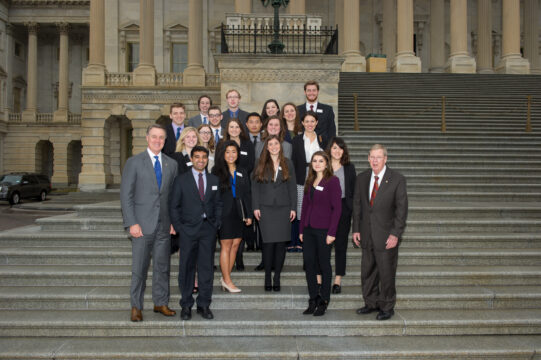
“This kind of training and skill-building, coinciding with the research opportunities and the D.C. trip, is truly an unsurpassed opportunity for undergrads,” said Gallagher. “We’re thrilled to be able to be able to bring the program back to every semester and offer this opportunity to twice as many UGA students.”
Sara Beth Marchert (AB ’17) agreed. “The SLP gives students at UGA a specialized education that, for me, is so rare in undergraduate education,” she said. “I received graduate-level attention when I was 21, which gave me a specialization than I was searching for.”

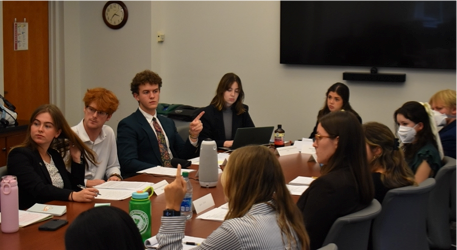
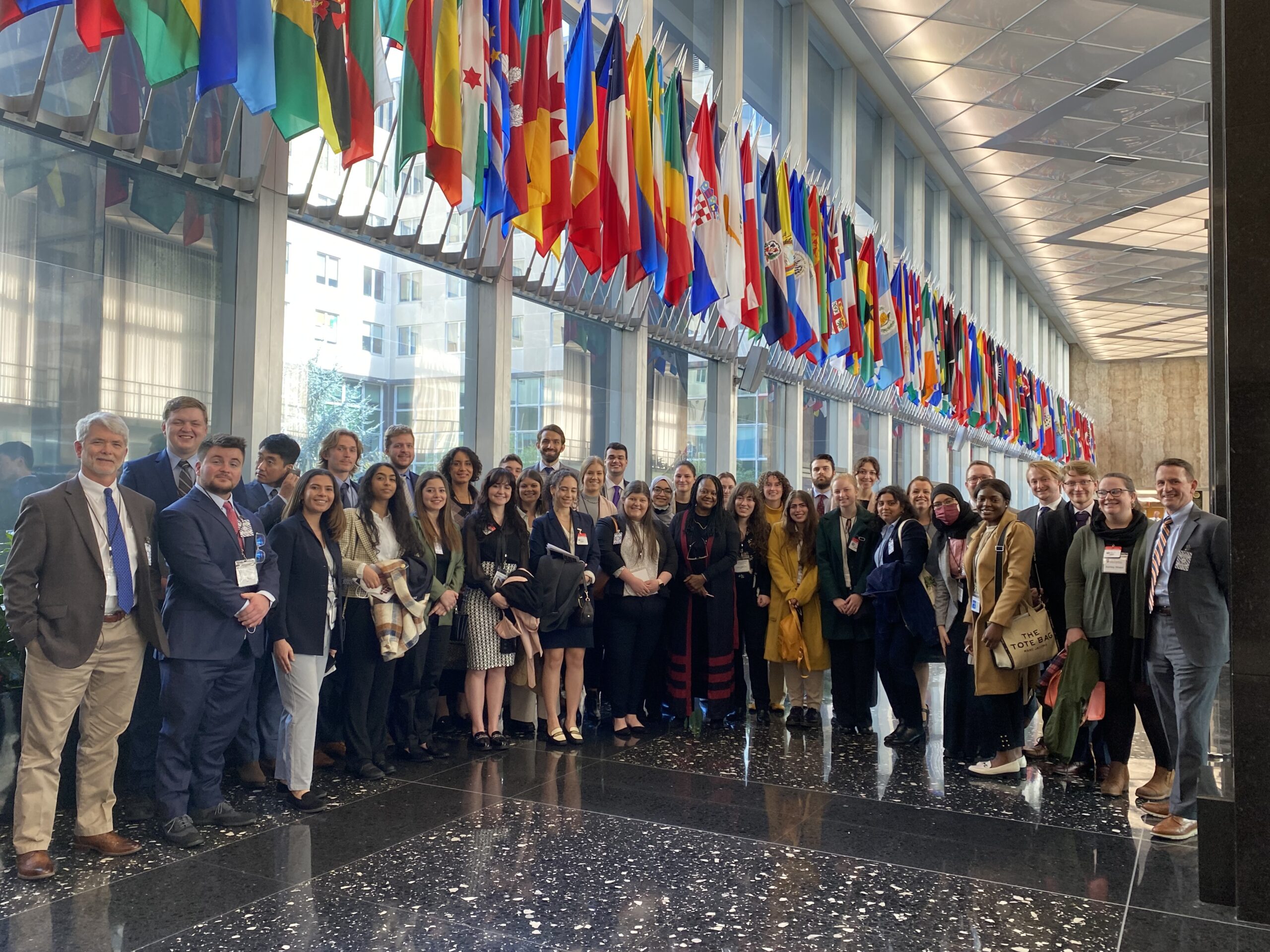
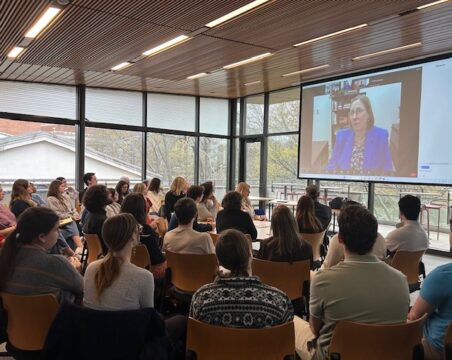
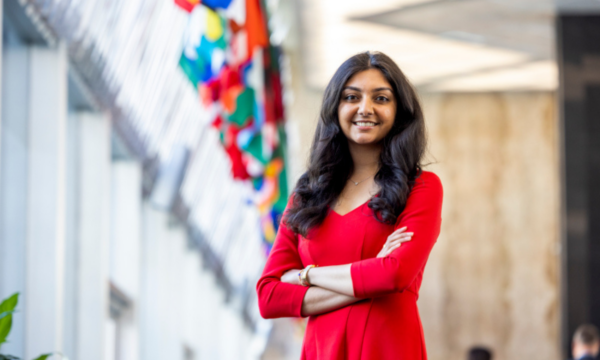 Tsinghua University in Beijing, China in the fall to begin a one-year master’s program in global affairs.
Tsinghua University in Beijing, China in the fall to begin a one-year master’s program in global affairs.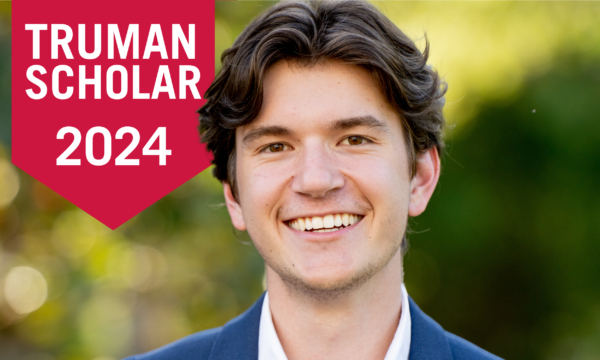 “Because I am in this program, I have access to dozens of alumni in top security positions in governments, think tanks, and businesses around the world,” said
“Because I am in this program, I have access to dozens of alumni in top security positions in governments, think tanks, and businesses around the world,” said 